https://vl.dk/event/vl-doegnet-2018/ #transhumanism #AI


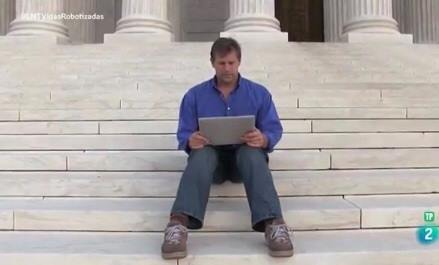
Lots of futurists are in it. A 5-min section on my #transhumanism work, including the Transhumanist Bill of Rights (image of me below writing the first version on steps of US Supreme Court), is in the doc. My section starts about 45:30, and there are some YouTube versions out there too now (google the title Cyborgs Entre Nosotros) if there are issues to watch outside Spain: http://www.rtve.es/alacarta/videos/la-noche-tematica/noche-tematica-cyborgs-entre-nosotros/4341838/
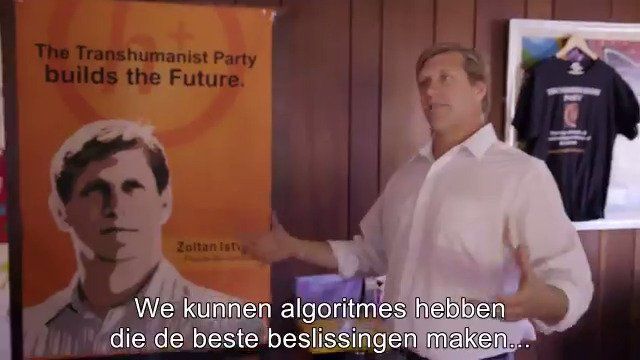
The show Robosapiens (about #robots) aired last night and had about a 5 minute section on my #transhumanism work. The footage is from a while back but just aired yesterday. My part is in English:
“Liever een computer die de nucleaire codes heeft dan Trump? Transhumanist Zoltan Istvan is ervan overtuigd dat kunstmatige intelligentie politici ooit zal kunnen vervangen. Meer in Robo sapiens, vanavond om 20.15u @NPO2 https://twitter.com/vpro/status/937260132219502595/video/1”
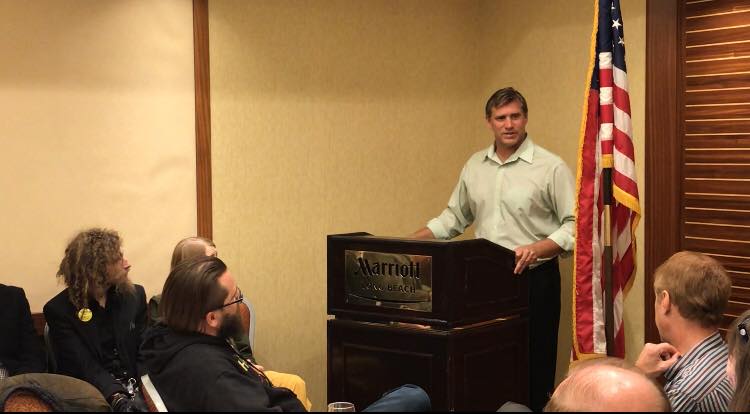
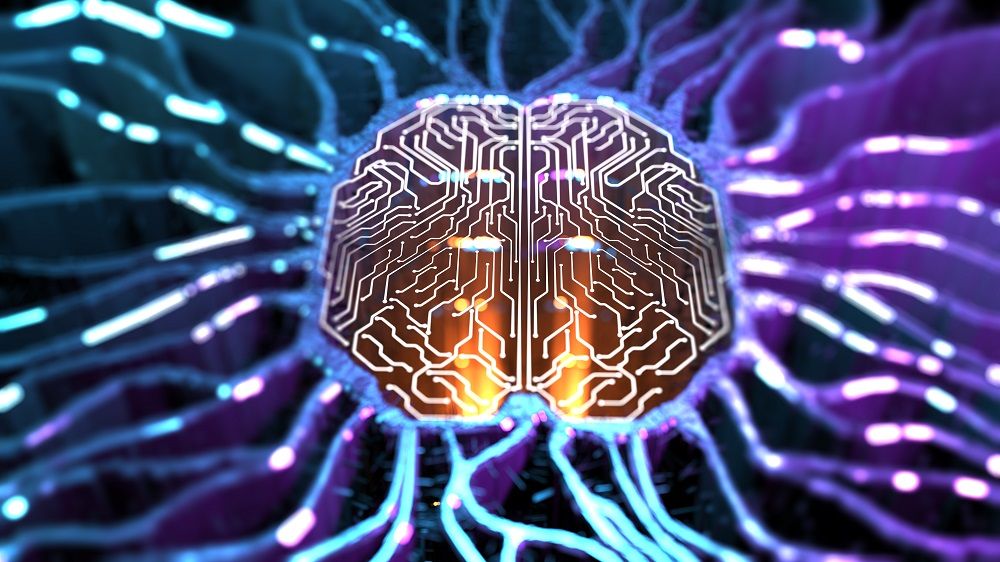
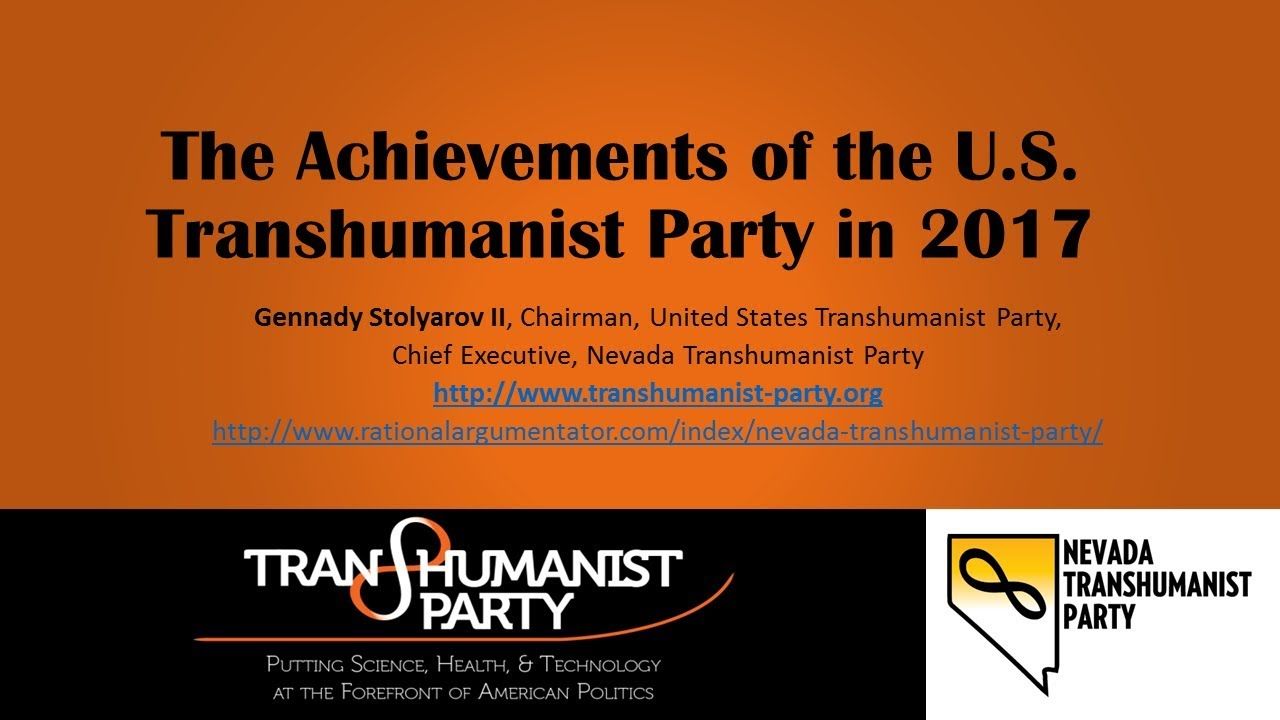
Some anniversary info from the Transhumanist Party, which I founded a few years back. This growing political party—under new leadership now—continues to prove important and inspiring. Congratulations to all those who have helped it forward! http://transhumanist-party.org/2017/11/25/ustp-chairman-anniversary/ #transhumanism
Gennady Stolyarov II
On November 17, 2016, I became the Chairman of the United States Transhumanist Party. It was a turbulent era in American politics, although it now appears to me to have been a distinct prior epoch. The offer of Chairmanship from Zoltan Istvan came at exactly the right time. I was seriously considering emigrating from the United States, which would have been a mistake. For this role, however, an expatriate Chairman would not do; Zoltan asked me to remain for at least six months – hopefully a year – and then re-assess the situation. One does not get handed leadership of a political party often (or virtually ever), so this was a unique opportunity to make a difference in American politics in a constructive way, with instant gains in prominence, and without the distasteful maneuvering that many conventional political figures feel compelled to engage in to attain a comparable position.
It has been a year, and I am staying. I have indeed reassessed the situation, or perhaps the situation has been transformed so considerably than the already transitional interpretive framework of late 2016 can no longer adequately describe our present political reality. Whereas then the tumult seemed to have stemmed from a single source, we now inhabit a distinctly different sort of chaotic era, in which the chaos emanates from virtually all partisan factions espousing conventional political ideologies. The United States has not, despite my fears at the time, succumbed to dictatorship or totalitarianism – and, despite some ill-advised policy decisions and unfortunate increases in certain forms of intolerance and hatred (on both the right and the left), there are no waves of nativist “ethnic cleansing”; there are, thankfully and for now, no massive riots in the vast majority of cities, the vast majority of the time.
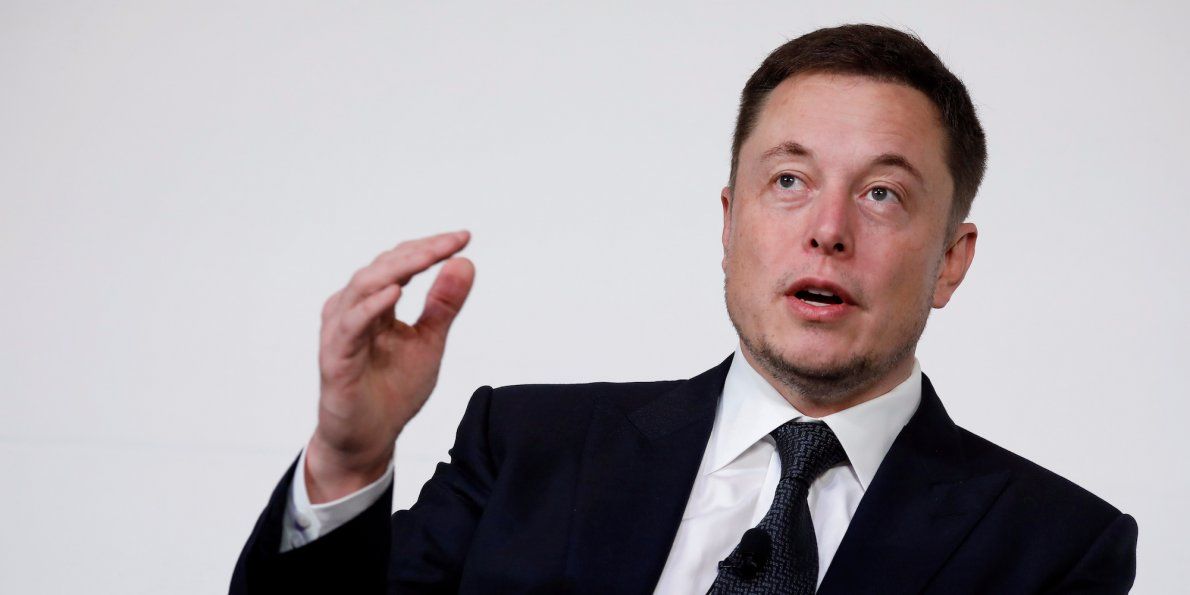
In this new Business Insider article, my ideas on peak labor and Universal Basic Income are pitted against MIT scientist Andrew McAfee. I’m excited to see my government shrinking Federal Land Dividend proposal getting out there. Story by journalist Dylan Love: http://www.businessinsider.com/will-universal-basic-income-save-us-from-job-stealing-robots-2017-11?r=UK&IR=T #transhumanism #libertarian
Does free money change nothing or everything?
Universal basic income (UBI) is the hottest idea in social security since Franklin Roosevelt signed the New Deal in 1935, and it is fairly understood as free money given to citizens by their government. Though the idea traces its roots back to the 16th century as a “cure for theft,” UBI has gained new consideration and momentum these days, as high-profile techno-doomsayers like SpaceX founder Elon Musk point to it as an economic solution for big problems predicted to arrive soon.
The future is coming, Musk and his ilk warn, and it’s bringing increased automation and intelligent technologies with it that will eventually overtake the human capacity for work. All-capable robots will cause widespread human unemployment, goes the thinking, plaguing our income and livelihood for generations.
If the “robots are stealing jobs” on the level that the party line portends, then UBI presents itself as a compelling solution to this unusual, hypothetical problem. There’s already some real-world precedent for it: a UBI pilot program in Finland sees the government send a small amount of money to 2,000 unemployed Finns each month, and the initial results are quite positive.
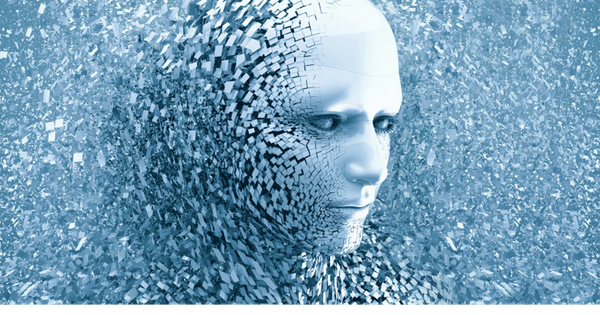
Innovation Group looked at three fundamental pillars of humanity and how they will evolve over the coming 10–15 years: our bodies, our thought, and our behavior. After identifying the driving forces that will transform these fundamental pillars, we extracted key themes emerging from their convergence. Ultimately our goal was to determine the ways in which the changing nature of humanity and transhumanism would affect individuals, society, businesses, and government.
A few of the trends that emerged from this study include the following seven trends. We hope they will spark discussion and innovation at your organizations.
Companies today are strategizing about future investments and technologies such as artificial intelligence, the internet of things, or growth around new business models. While many of these trends will make for solid investments for the next 5–10 years, fewer companies are considering the revolutionary convergence of disparate trends pulled from technology, behavioral and societal changes, and medical advances to understand how they will converge to transform society. This transformation will be messy, complex, and sometimes scary, but signals already point to a future of humanity that will blur our identities into “transhumanism.”

Most people probably aren’t aware of this, but the 2016 U.S. Presidential election included a candidate who had a radio-frequency identification chip implanted in his hand. No, it wasn’t Donald J. Trump. It was Zoltan Istvan, a nominee representing the Silicon Valley-based Transhumanist Party and his body-worn chip unlocked his front door, provided computer password access and sent an auto-text that said: “Win in 2016!”
The transhumanist movement – employing technology and radical science to modify humans – offers a glimpse into the marriage of machines and people, the focus of a recent paper released by the Institute for Critical Infrastructure Technology (ICIT). With cybernetic implants already available to consumers, the prospect for techno-human transmutation – cyborgs – is not as far away as many may think.
“We are moving towards automation, we are moving towards machine learning,” said Parham Eftekhari (pictured), co-founder and senior fellow at ICIT. “We’re seeing it impact a lot of our society.”
Eftekhari stopped by the set of theCUBE, SiliconANGLE’s mobile livestreaming studio, and spoke with co-hosts John Furrier (@furrier) and Dave Vellante (@dvellante) at CyberConnect 2017 in New York City. They discussed ICIT’s recent cybersecurity research and the potential for increased government regulation. ( Disclosure below.)

Furthermore, with advancements in quantum computing and machine learning, many notable public figures, including Stephen Hawking and Elon Musk, have indicated a growing concern with the imminent threat of AI surpassing human intelligence (Gosset, 2017). For instance, Darrell M. West, a political scientist, has proposed a protectionist framework that appeals to transhumanism, in which he restructures socioeconomic policy to account for changes in technology-induced unemployment. In particular, he posits that “Separating the dispersion of health care, disability, and pension benefits outside of employment offers workers with limited skills social benefits on a universal basis” (West, 2015). Expounding upon this equivocation, a more viable solution to potential unemployment is the realization of a multi-faceted policy which advocates the improvement of STEM-related education on a broad economic base, with habituation programs for the unskilled workforce. That is, with the implementation of appropriate and reformatory policies concerning the future development of AI technologies, this sector provides an economic incentive for new job creation, compatible with industrial development.
Prompt: What are the political implications of artificial intelligence technology and how should policy makers ensure this technology will benefit diverse sectors of society?
In recent years, the rapid development and mass proliferation of artificial intelligence have had various sociopolitical implications. It is a commonly held belief that the emergence of this technology will have an unprecedented impact on policies and political agendas. However, such discourse often lacks a geopolitical and social dimension, which limits the breadth of analysis. Further, little consideration has been given to potential employment and public policy reform. Growing concerns have been raised regarding the potential risk inherent in the evolution of strong AI, which provides the basis for transhumanism, whereby it is conjectured that AI will eventually be able to surpass human intelligence. As such, it is incumbent upon the upcoming generation of policymakers to implement and adopt necessary measures, which will provide a careful, multilateral framework, ultimately achieving market-oriented technological advancement with respect to employment and public policy.
Machine learning, the interplay of computer science and neuroscience, is a rapidly developing field that has been a source of much political controversy in recent years. While emerging technologies have significantly improved production quality and efficiency across industries, they have also raised concerns such as job displacement and other unfavourable socioeconomic implications (Karsten & West, 2015). In particular, the growing shortage of job opportunities has furnished increasing levels of unemployment and has, in various instances, lead to unwanted economic stagnation. On the subject of potential future unemployment, many policymakers have proposed an increase in Earned Income Tax Credit, which provides a collateral basic income and encourages profit-sharing (West, 2015).